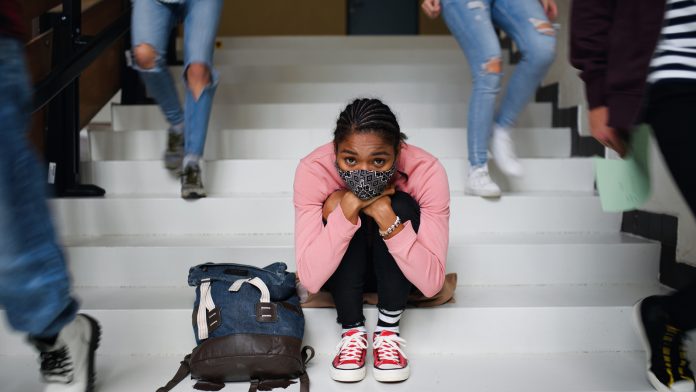
Clinicians have outlined the importance of advancing mental health support in educational settings, suggesting that coping and social skills training and additional extra-curricular activities in schools can help to combat mental health problems in children.
A study performed by the Murdoch Children’s Research Institute (MCRI) identified that clinicians are striving to refine mental health support in schools, campaigning for effective ways to train teachers in mental health prevention, identification, and early intervention. In addition, the clinicians are pushing for peer support for school psychologists and mental health literacy education for children.
The study’s findings are published in PLOS ONE.
Increasing mental health support
The investigation comprised 143 Victoria and South Australian clinicians who were questioned on how the education system could improve mental health support and access to care and included psychiatrists, paediatricians, psychologists, and GPs. The clinicians stated that the education system could be a valuable tool for enhancing access to mental health services by training existing staff or implementing mental health professionals.
The results illuminated that schools could identify risks in children, use prevention and early intervention strategies, and run coping and social skills programmes. Kate Paton, an MCRI researcher, reinforces that schools may be the perfect avenue for administering mental health support and identifying potential issues due to some of their existing infrastructure, such as access to attendance and academic records.
She said: “Schools as buildings act as a trusted physical space where mental health clinicians could offer services that are otherwise challenging to access. Clinicians believed teachers could offer prevention by supporting children through school-wide psychoeducation, sport and social skills and coping programs.
“Whilst educators have identified many challenges to providing this support, including perceived stigma, lack of resources and an overcrowded curriculum, understanding clinicians’ views on the role of educators and schools and how they could work together to achieve good mental health outcomes are important questions.
“It’s important to understand whether different perspectives may exist between educators and mental health clinicians who need to be bridged if these professionals are to work successfully together to achieve both good education and mental health outcomes.”
Pilot study
The investigation supplements the findings of an earlier MCRI led pilot mental health programme in collaboration with the University of Melbourne and the Victorian Department of Education and Training. The initiative was piloted in ten Victorian primary schools in 2020; the programme received strong support from schools and indications that it could improve mental health support for children with emerging mental health issues.
The programme positioned a mental health and wellbeing professional within schools to assess emerging mental health issues in students and act as a liaison between education, social and health services. The pilot has now been expanded to 100 schools in 2022.
MCRI Professor, Harriet Hiscock, said: “With about 50% of mental health disorders beginning before the age of 14 years, prevention and early intervention are paramount if we want to reduce lifetime prevalence of mental health disorders and allow children to live their best possible lives. Improving mental health for children and adolescents has therefore become an international priority.”
The team concluded that by not addressing student mental health problems in schools, it could result in poor educational progress, meaning children’s academic potential may not be realised.









